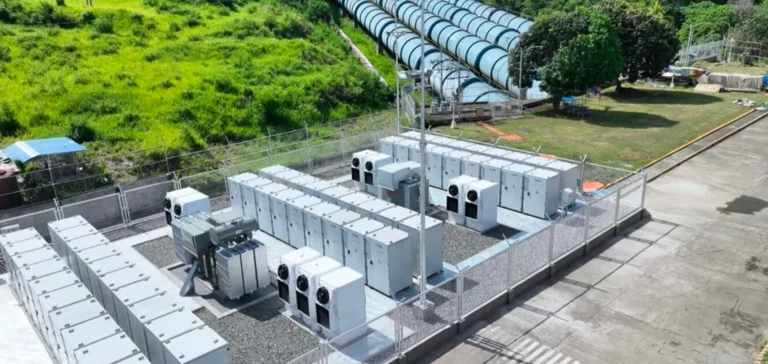Norwegian group Scatec ASA, through its joint venture SN Aboitiz Power (SNAP) with Aboitiz Power, has received official approval from the Energy Regulatory Commission (ERC) of the Philippines for the tariff awarded to its long-term ancillary electric services contracts. The new fixed tariff reaches 2.25 PHP/kWh, replacing the previous rate of 1.5 PHP/kWh for the reserve power of the Philippine grid.
Retroactive effect and immediate financial impact
The new tariff comes into effect from July 2025, while applying retroactively to volumes already delivered. The total retroactive amount for Scatec’s share reaches around $21.5mn, a sum that will be recognised in the second quarter of 2025 and settled through staggered payments over the next twelve months.
Scatec had won these ancillary reserve service contracts in early 2023, with an effective start-up in September of the same year. Since then, the group has already been delivering the contractual volumes but was receiving remuneration based on the lower tariff, pending regulatory approval of the new rate.
Network stability and Philippine market regulation
Ancillary electric services are essential to the stability and security of supply of the Philippine grid, ensuring rapid reserve power in the event of an incident. Approval of the new tariff follows review of the volumes delivered and the needs of the grid, formalising the retroactive payment for services rendered since the start of the contract.
This system is part of a regulation aimed at ensuring adequate remuneration for grid balancing providers, while securing service continuity amid growing demand. Staggered payment of the retroactive revenues is expected to align cash flows for the project partners and strengthen the joint venture’s position in the Philippine ancillary electric services market.






















